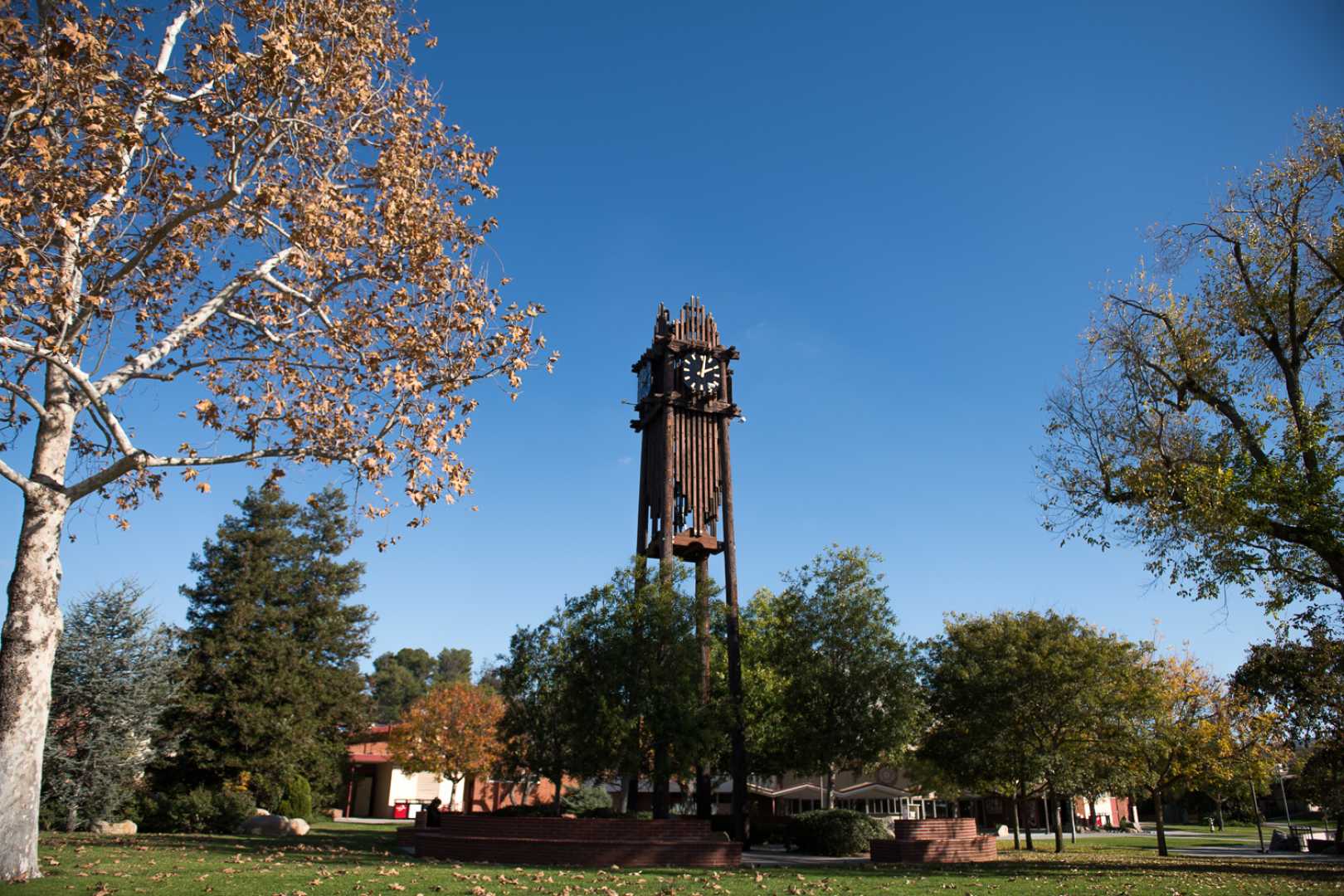News
Palomar College Board Votes to Revoke Anti-Racism Policy Amid Public Outcry

SAN MARCOS, Calif. — The Palomar College Board of Directors voted on Tuesday to remove its anti-racism policy, known as BP 3000, despite strong opposition from a large audience of students, faculty, and community members.
The board adopted the policy in 2021 as a response to the murder of George Floyd and the nationwide protests that followed, reinforcing the college’s commitment to racial equity and denouncing racism. However, during the meeting, some board members expressed concerns that the policy might put the college at risk of legal challenges.
“Having a policy like this sets us up as kind of a red flag… this could cause problems for all of us down the road,” said Board President Jacqueline Kaiser. She did not elaborate on the legal risks mentioned, which left many attendees puzzled.
Kaiser pointed to other universities and corporations, including the University of Florida and Amazon, that have eliminated similar diversity and inclusion statements. “These are the organizations that we want to prepare our students to go into,” she stated, suggesting the need to align with broader trends.
Critics of the policy’s removal emphasized that it undermines the college’s values. Palomar professor expressed concern about losing language that acknowledges inequality, stating, “If we’ve erased that very language, we are saying their experience does not exist.” Meanwhile, Trustee Yvette Acosta labeled the previous policy as “performative,” arguing that existing discrimination laws sufficiently protect against racism.
During public comments, nearly all speakers urged the board to retain BP 3000, arguing its deletion would convey a dangerous message to the community. “Removing [the policy] would erode the trust that we have built between Palomar College, our students, and our community,” one student remarked.
In the end, the board voted 4-2 to delete the policy, while also agreeing to create a subcommittee for potential future revisions, which raised questions about the effectiveness of such actions. “I don’t think it’s wise to go back and to rehash… all of this doesn’t change our final mandate,” Kaiser concluded. The board’s decision leaves Palomar College without an active policy addressing racism at the board level.












